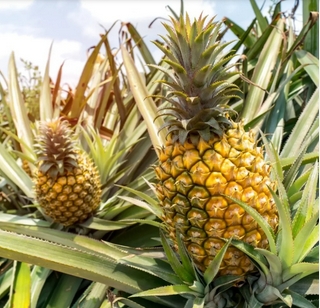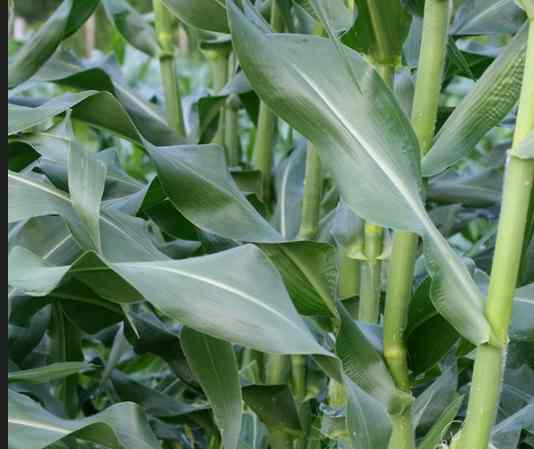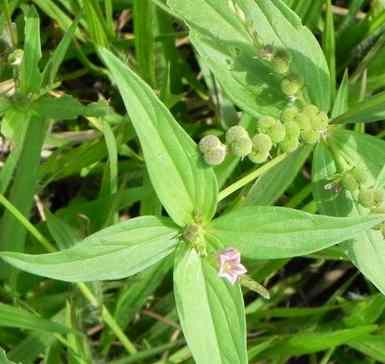
support@yorubalibrary.com
+2348073529208, 07038599574

Yoruba often says “Ope Oyinbo fi didun s’ewa, sugbon oro inu re o ju egbeje lo”. Ananas comosus, commonly known as pineapple, is not only a popular fruit but also holds significant value in Yoruba traditional medicine. The Yoruba people have long recognized the medicinal properties of this plant, utilizing various parts for healing and health improvement.
Key Facts
Category: Fruit
Botanical Name: Ananas comosus
Common Name: Pineapple
Yoruba name: Ope Oyinbo
Igbo Name: Akwu- mbe/akwu-olu
Hausa Name: Nkwu aba/abara
Uses of Ananas comosus in Yoruba Medicine
In Yoruba traditional practices, different parts of the pineapple plant are used for various medicinal purposes:
1. Leaves
The leaves of the pineapple plant are known for their anti-inflammatory properties. They are often used to treat wounds, reduce swelling, and alleviate pain. The leaves can be crushed and applied directly to the affected area or boiled to make a soothing concoction.
2. Fruit
The fruit itself is a rich source of vitamins and minerals, making it a valuable addition to the diet for boosting the immune system. Pineapple is high in vitamin C, which is essential for fighting infections and maintaining healthy skin. Consuming the fruit helps in digestion due to the presence of bromelain, an enzyme that aids in breaking down proteins.
3. Roots
The roots of Ananas comosus are used in traditional medicine to treat digestive disorders. They are typically boiled to create a tea that can help alleviate stomach aches and promote overall digestive health.
4. Skin
The skin of the pineapple, often discarded, is utilized in Yoruba medicine for its detoxifying properties. Boiling the skin to make a tea can help cleanse the body of toxins and support kidney function.
Want to treat common ailments such as Malaria, Cough, Measles, Typhoid, Pile etc naturally without spending much? Grab a copy of Authentic Herbal Solutions: 15 Common Ailments & Their Natural Cures. A practical eBook recommended for everyone regardless of tribe, religion or association. Order below or Download sample here
AUTHENTIC HERBAL SOLUTION #4KOne Yoruba proverb says "Bí olóde ò kú, òde rè kì í wu Gbégi". Do you know that Gbégi is actually a leaf/plant? Get Yoruba Proverbs on Plants and Herbs, which is a collection of Untold Wisdoms Hidden in Leaf and plants comprising their Life Applications & Moral Teachings. Order below or download sample here
YORUBA PROVERBS ON PLANTS #4KMedicinal Value of Ananas comosus
The medicinal value of Ananas comosus is rooted in its bioactive compounds and nutrients, which offer a range of health benefits:
1. Anti-Inflammatory Effects
Bromelain, found in the fruit and stem, is renowned for its anti-inflammatory properties. It is used to reduce inflammation in conditions like arthritis and sinusitis.
2. Immune System Boost
The high vitamin C content in pineapple enhances the body's defense mechanisms, helping to ward off illnesses and infections.
3. Digestive Health
Bromelain not only aids digestion but also helps reduce bloating and constipation. It acts as a natural digestive enzyme, breaking down food more efficiently.
4. Wound Healing
The antimicrobial properties of pineapple leaves and skin make them effective in treating wounds and preventing infections. They promote faster healing and reduce the risk of complications.
5. Anti-Cancer Properties
Some studies suggest that the antioxidants in pineapple may help protect against certain types of cancer by neutralizing free radicals and reducing oxidative stress.
Conclusion
Ope Oyinbo (Pineapple) is more than just a tropical fruit; it is a potent medicinal plant deeply integrated into Yoruba traditional medicine. Its various parts offer numerous health benefits, from boosting the immune system to aiding digestion and promoting wound healing. By incorporating pineapple into their healing practices, the Yoruba people continue to harness the natural power of this remarkable plant.
Have you heard of our Yoruba Herb Dictionary? This contains names of Yoruba Leaf, Roots, Barks, Characteristics, Properties & Identification with HD Pictures. Order below or download sample here
A-Z HERBS & LEAF DICTIONARY #4K
Know more about the Yoruba traditional uses and he…

Learn about Ewe Aran, a potent Yoruba medicinal le…